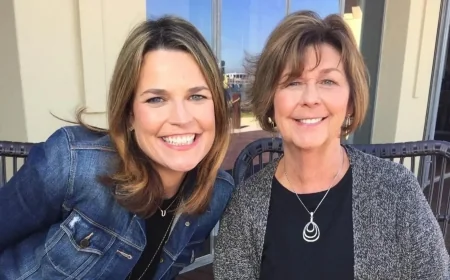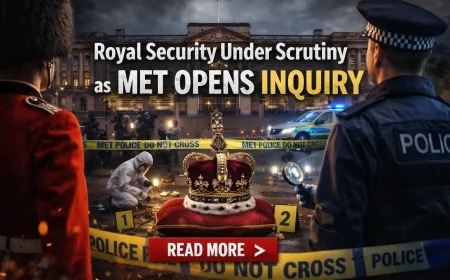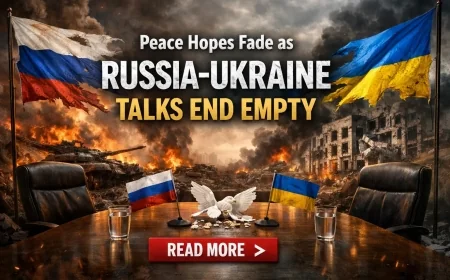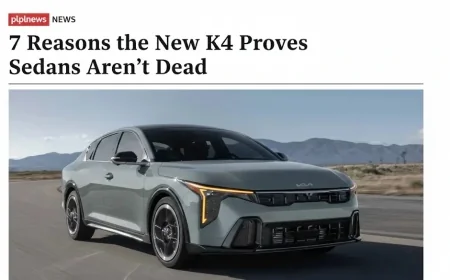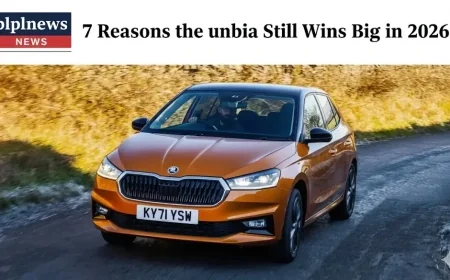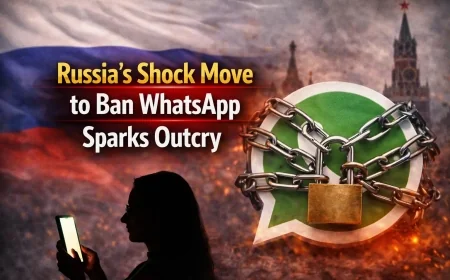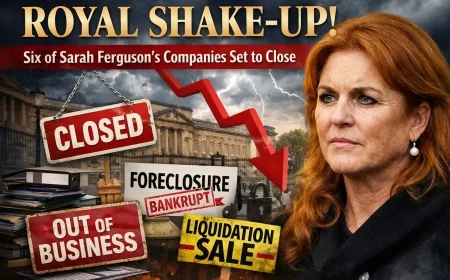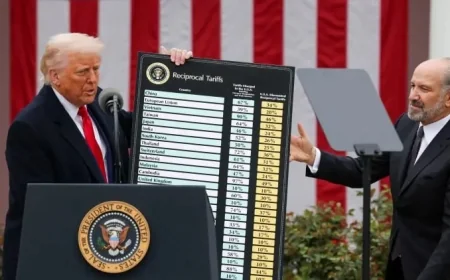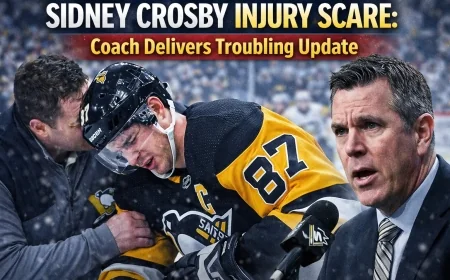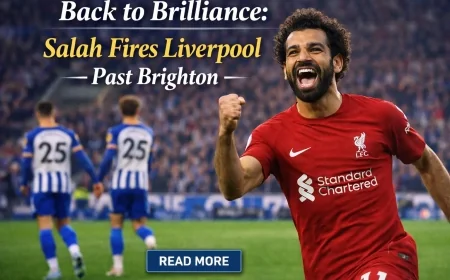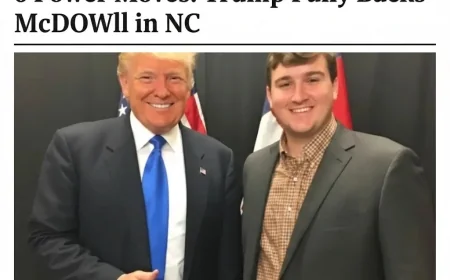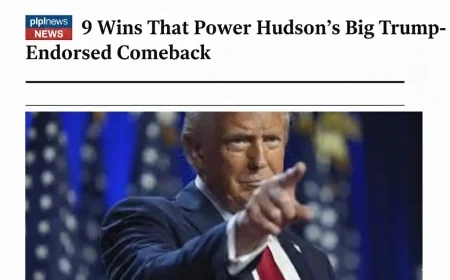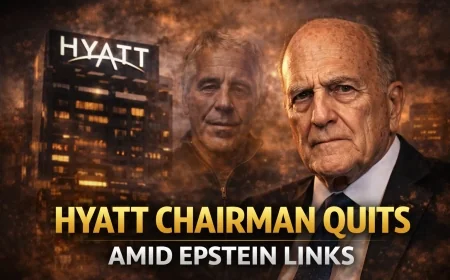Britain's new military chief, Sir Richard Knighton, told Sunday with Laura Kuenssberg that his Belgian counterpart had requested assistance earlier this week and that equipment and personnel are en route.
Belgium's main airport, Zaventem, had to be temporarily closed on Thursday night after drones were spotted nearby. The drones were also seen at other locations, including a military base.
Sir Richard said it was not known whether the incursions were carried out by Russia, but he said it was "possible" that Moscow had ordered them.
In a statement, Defence Secretary John Healey said: "As hybrid threats increase, our strength lies in our alliances and our collective resolve to defend, deter and protect our critical infrastructure and airspace."
Along with NATO allies, he added that Britain would support Belgium "by providing our kit and capabilities," which he said were already being deployed. On Friday, the German Defence Ministry said it would support Belgium with anti-drone measures at Brussels' request.
The disruption affected around 3,000 Brussels Airlines passengers, and the airline said it incurred "significant costs" from cancelling or diverting dozens of flights.
German Defence Minister Boris Pistorius and Belgian security services have said they suspect Russia, but Belgian Defence Minister Theo Francken had previously acknowledged there was no evidence to support this.
"Initially, the drones flying over our military bases were considered our problem," Francken said earlier this week. "This has now become a serious threat affecting civilian infrastructure in several European countries."
More broadly, Sir Richard said Russia was "the biggest threat to Europe at the moment".
He told the programme: "The illegal invasion of Ukraine has demonstrated the brutal nature of Russia's war efforts."
He added that Russia had carried out sabotage and assassinations on British soil, and that in the case of so-called hybrid warfare, "we [Britain] need to strengthen ourselves".
The shadow defence minister welcomed the move, saying the "threat environment has increased significantly" and a key way to deter threats was "working with other countries through NATO".
But James Cartlidge criticised the government's approach to increasing defence spending, saying it needed to be accelerated.
In the spring, the government announced that defence spending would rise to 2.5% of GDP from April 2027, with a target of reaching 3% in the next parliament.
Sir Richard said this amount of money was "far more than I've ever seen in my career".
In recent months, drone sightings across Europe, including in Sweden, Norway and Denmark, have caused significant disruption to flights.
Despite some officials accusing Russia of "hybrid warfare", the Kremlin has denied any involvement.
Pistorius suggested these latest sightings could be linked to discussions within the EU about using seized Russian assets to provide Ukraine with €140 billion in loan assistance.
While there is no public evidence of Russian involvement, recent months have seen serious incursions into airspace by Russia in Eastern Europe, involving fighter jets and large attack drones, further fuelling suspicion. Britain recently sent RAF Typhoon jets to participate in defense operations over Poland as part of this NATO mission, in order to strengthen the eastern border in response to incursions.
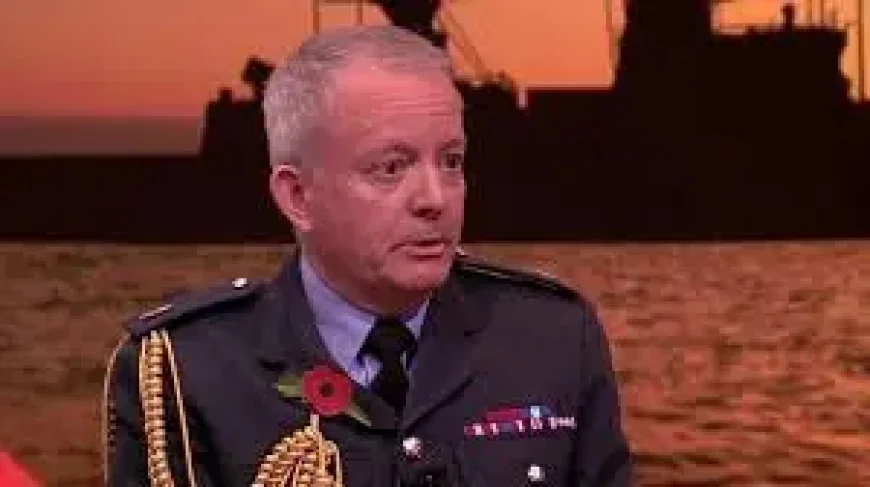
 Like
0
Like
0
 Dislike
0
Dislike
0
 Love
0
Love
0
 Funny
0
Funny
0
 Angry
0
Angry
0
 Sad
0
Sad
0
 Wow
0
Wow
0

